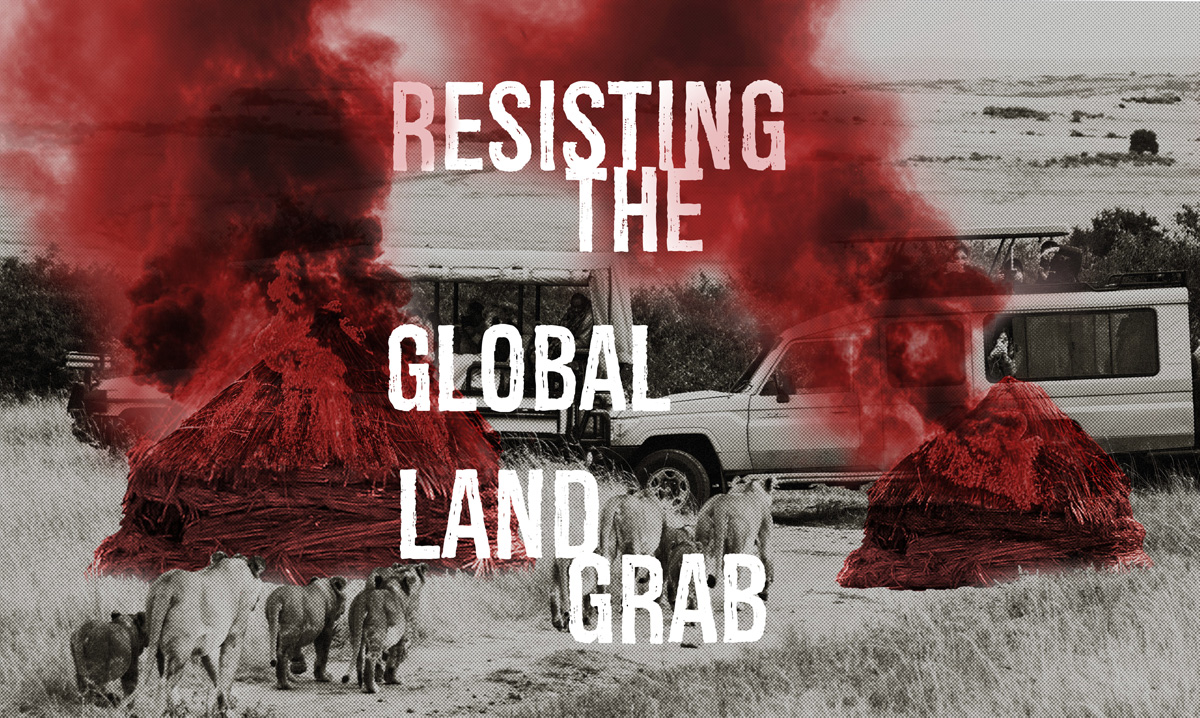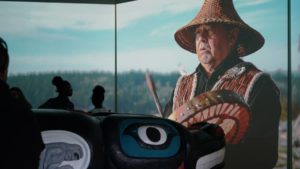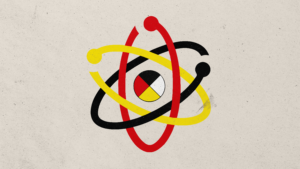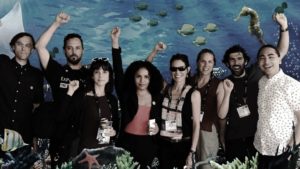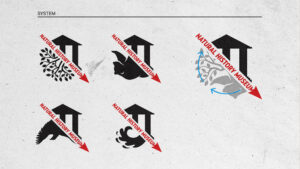What is “green colonialism” and what does it have to do with today’s widely touted “nature-based solutions” to the climate crisis?
On July 18, we hosted Honor the Earth’s Krystal Two Bulls (Oglala Lakota/Cheyenne), Nigerian environmental justice activist and poet Nnimmo Bassey and scholar-activist Ashley Dawson for an urgent conversation on the politics of the global green transition. Asking how histories of colonialism, apartheid and uneven development have set the terms for today’s “solutions” to ecological crisis, this roundtable explored the many ways in which the powerful are taking the global climate and biodiversity crisis as an opportunity to expand their power and reach.
But for our panelists and the more than 350 people who tuned in for the live event, this was more than an occasion to learn how green colonialism is impacting communities around the world. It was also a platform to ask how we can support each other in our collective struggles for a better world—a world that decisively breaks from the cycle of extraction and colonial dispossession that has driven our vital ecosystems to the brink.
Check out the video recording and Zoom chat transcript, as well as our video interview with Ashley Dawson, one of our Red Natural History Fellows and an organizer of the event.
To conclude the event, Nnimmo Bassey offered a tribute to the horizon that guides us even in the darkest days, reading the poem “Horizon” from his recent poetry collection I See the Invisible:
The horizon is never unsettled.
Constant as the Northern star,
She dances on the edges of our eyes,
No one could ignore her.The horizon is loudly clear.
Even on misty days, she is there,
Weighs on our imagination
She is the eternal lighthouse.
What is Red Natural History? Video Interview with Ashley Dawson
As one of our Red Natural History Fellows, Ashley Dawson recently sat down with our team to discuss his research on green colonialism. In this new video interview, he explores the ways of thinking and seeing the world that underpin today’s false solutions to the environmental crisis, as well as his vision for “red natural history,” an alternative that is guided by forms of mutual aid that come into being in times of upheaval. Check out the new video below, as well as the full interview transcript.

